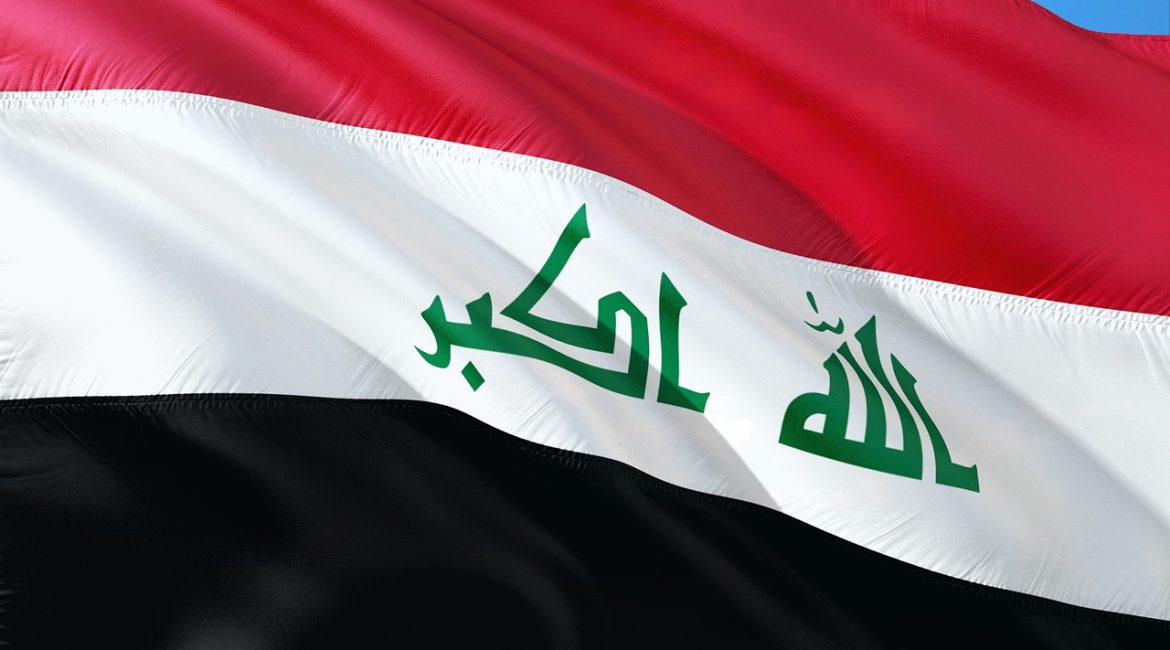The Iraqi capital, Baghdad, is currently to prepare for hosting the May 17 Arab Summit. Huge sums of money have been allocated to clean and beautify the city, which will host the Arab leaders. The summit comes at a time of extreme regional and international sensitivity, making it a focus of attention for observers and political analysts both locally and regionally.
It is imperative that Iraq regain its prestigious position in international forums and make a strong return to the regional and global arena. By virtue of its rich history, strategic location, and vast natural resources, Iraq possesses the political and economic weight that qualifies it to be a major and influential player in the region and the world. Hosting the Arab Summit is an important step toward reclaiming this pivotal role.
There is no doubt that the world, especially the Middle East, is in dire need of such leadership meetings and high-level diplomatic dialogues in light of the current challenges. However, legitimate questions arises: What are the expected outcomes of this summit? And what benefits will Iraq reap from hosting it? This is especially true given the probability that some Arab leaders will be absent for various reasons, including political, judicial, or security concerns.
The fundamental question that urgently arises is: Has the Iraqi political leadership succeeded in addressing its chronic internal problems before turning to hosting a regional event of this magnitude? Wouldn't it be more logical and more appropriate to focus efforts first on addressing the difficult local challenges that directly impact the lives of Iraqi citizens?
Iraq today faces a set of urgent internal challenges that require rapid and effective resolution. These include the oil crisis in the Kurdistan Region. The halt in oil flows from the region is creating a oppressive economic crisis that is impacting the country's resources. The currency and banking system are also problematic, with the Iraqi currency experiencing sharp fluctuations. In addition, Iraqi banks are facing problems that negatively impact citizens and businesses alike. The salaries of Kurdistan Region employees have been an ongoing problem for years without a lasting solution, affecting thousands of Iraqi families.
Despite being one of the region's richest countries in natural resources, Iraq still suffers from a severe shortage of electricity supplies. Despite the country's vast natural gas reserves, this precious resource is being wasted by burning it into the air without being properly invested in operating power plants for meeting citizens' needs.
Internal consensus and unity are the cornerstone of any successful external action. How can Iraq protect itself from external ambitions in the face of deep internal divisions? True strength lies in unity of ranks and unified political, strategic, and economic decisions.
When internal consensus is achieved, visions are fused in the supreme national interest, and efforts are unified to serve the Iraqi citizen, who is both the primary beneficiary and the first victim of any political decision, only then can Iraq welcome the leaders of other countries with strength and confidence, based on a solid foundation of internal unity and political and economic stability.
It is now critical that the federal government, prior to the Arab Summit, convene a comprehensive and expanded national dialogue conference, with the participation of all active political and societal forces, with the aim of addressing outstanding internal problems and finding effective solutions as quickly as possible.
The success of the Arab Summit centres on the success of the internal national dialogue. The power of hosting such regional conferences lies not only in external appearances and lavish spending on adornment and logistical arrangements, but also in the host country's ability to present a successful model of stability, internal unity, and the fulfilment of the aspirations of its people and citizens. Perhaps the lesson to be learned here is that reform begins at home before extending abroad, and that solving local problems is the natural approach to addressing regional and international issues.

